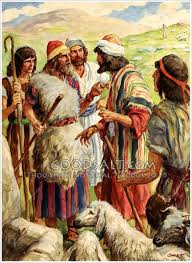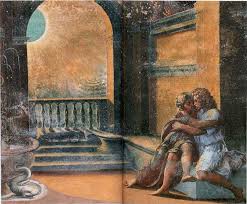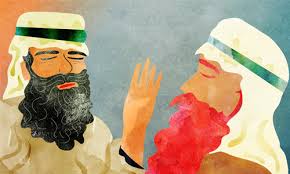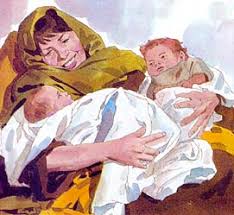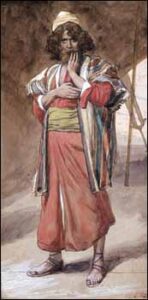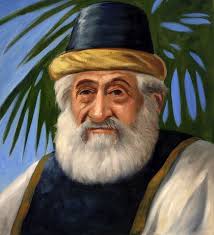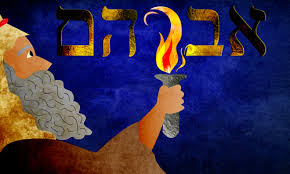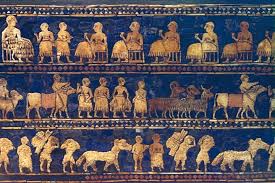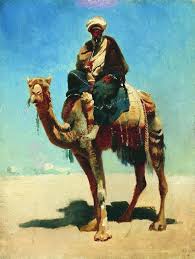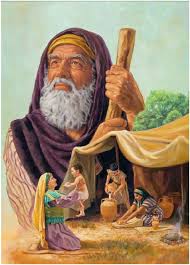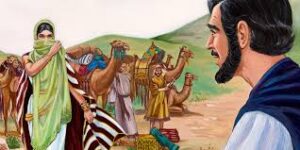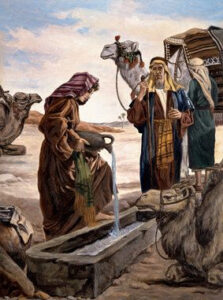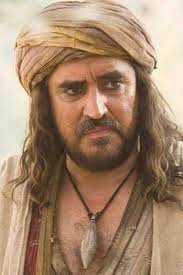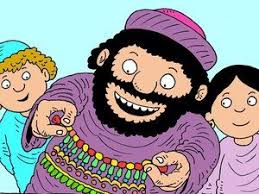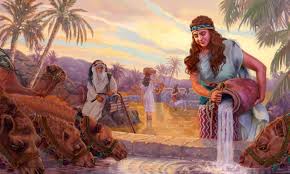Gr – Isaac Went Up to Beersheba. That Night the LORD Appeared to Him 26: 23-25
Isaac Went Up to Beersheba.
That Night the LORD Appeared to Him
26: 23-25
Isaac went up to Beersheba. That night the LORD appeared to him DIG: Why did Isaac return to Beersheba? What does Beersheba mean? What is that significant? What did he do there? How did Abraham respond? What five aspects of the Abrahamic Covenant do we see up to this point?
REFLECT: What does the LORD’s gracious treatment of Isaac and the perpetual nature of His covenant mean to you, as a child of the covenant? As one who repeats the mistakes of your fathers?

From Rehoboth Isaac went up to Beersheba, which means the Well of the Oath (26:23). Apparently he felt the need to return where he felt closest to ADONAI after his bitter experiences in Gerar. There we have the second confirmation of the LORD’s covenant with Abraham to Isaac (26:1-5). And sure enough, the same night that he arrived ADONAI appeared to him for the second time and said: I am the God of your father Abraham. This would become a familiar phrase. Do not be afraid, for I am with you; I will bless you and will increase the number of your descendants for the sake of my servant Abraham and the covenant I have made with him (26:24). Isaac was back in God’s will because of his obedience and could receive a divine revelation.
Like his father before him, Isaac responded by building an altar there and called on the name of the LORD. This is a phrase that means he engaged in public worship. There he pitched his tent, and there his servants dug a well (26:25). When we combine the two confirmations of the Abrahamic Covenant to Isaac we see five aspects. First, Isaac was to be blessed (26:3, 24). Second, the land was to be given both to Isaac and his descendants (26:3-4). Third, his descendants are to be multiplied (26:4, 24). Fourth, the Gentiles would someday be blessed by the Meshiach through his descendants (26:4). Fifth, the basis is the covenant God made with Abraham (26:3, 5 and 24).



